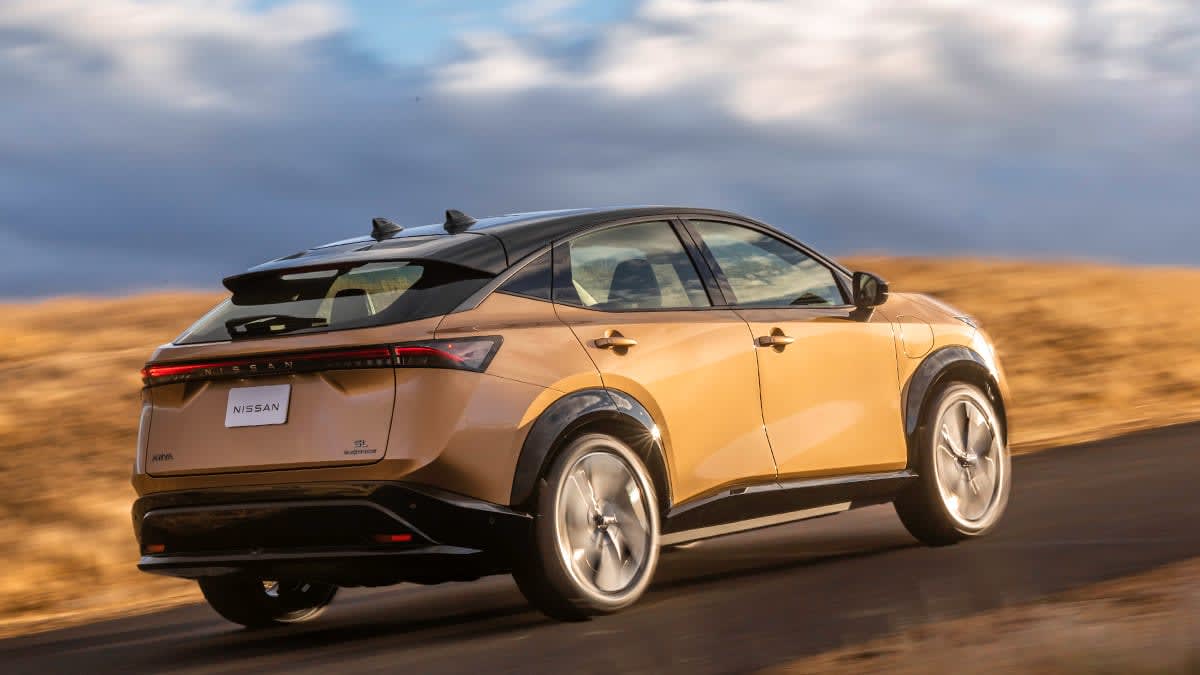To get an estimate of whether a lease makes financial sense, we recommend calculating the total cost of a lease, comparing it to the cost of a purchase, then subtracting how much the car will likely be worth when you sell it.
For example, Ford offers a $389 per month lease for 36 months with an initial payment of $5,539 for a 2024 Mustang Mach-E Premium AWD with an extended-range battery. At the end of the lease, lessees will have spent a total of $19,543 to drive the car for three years. As is the case with all leases, once the lease term is over, lessees won’t own a car that they can continue to drive or trade in.
If you’d purchased that same car outright for $51,990, we estimate that it would be worth around $23,000 as a trade-in in three years, meaning that it would’ve cost you about $32,500 to drive it for the same period of time. In this case, the lease is the much better option.
But that’s not the case with all vehicles, so make sure you do the math on your own. In addition to cost savings and less restrictive tax credits, leasing might offer other advantages over purchasing an EV:
You won’t get stuck with old technology. EV technology is advancing so rapidly that battery range can increase and purchase prices may drop over a relatively short period of time, says Jake Fisher, senior director of CR’s Auto Test Center. “If you bought an EV a couple of years ago, it might not even be capable of the fastest kind of fast charging, whereas the newer vehicles have larger batteries, faster charging, and the prices keep coming down,” he says. In addition, a plethora of new EVs are about to hit the market, including new three-row electric SUVs from Kia and Volvo.
Repair costs are lower over time. Whether gas or electric, most all-new models get more reliable after their first year, and that’s no different for EVs. Many of the latest crop of EVs have shown below-average reliability in their first year or so of manufacture. But if you lease, your car will likely be under warranty for the entire time you’re driving it, so fixing any unexpected issues won’t cost you. In addition, most EV batteries are warrantied for at least eight years or 100,000 miles, so that important component will be covered as well.
You’ll enjoy peace of mind. It’s difficult to predict now how much an EV purchased today will be worth in two, three, or five years, Fisher says. “Prices and rebates have been fluctuating quite widely, making resale values impossible to predict,” he says. If the EV you’re leasing depreciates a lot over the next few years, it’s not your problem. But if you purchased an EV before a big price drop—which has happened to some Tesla and Ford buyers—your car just took a bigger depreciation hit than most used cars do.
Source link
